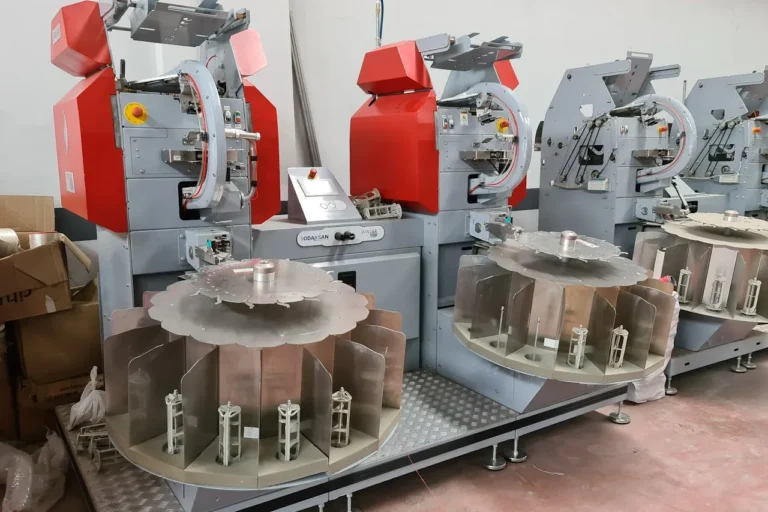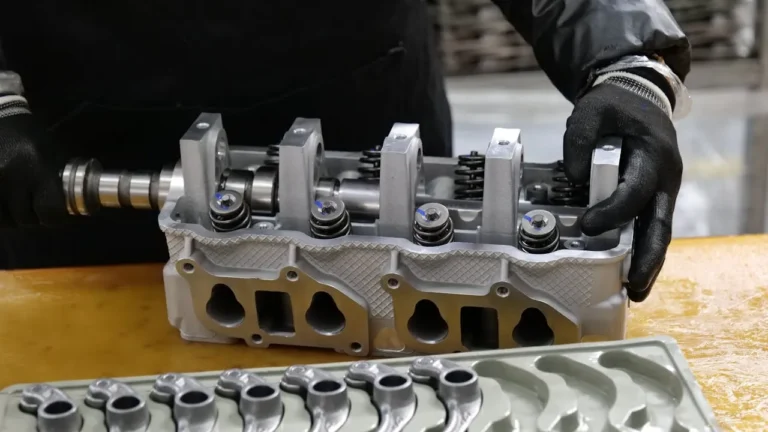
Samsung Biologics Reports Strong Q2 2025 Financial Results, Advances in ADCs, Digitalization, and Sustainability
Samsung Biologics one of the world’s leading contract development and manufacturing organizations (CDMOs), has announced its financial results for the second quarter of fiscal year 2025, showcasing robust performance and continued strategic progress across its business divisions. The company highlighted key growth drivers including the full operational status of Plant 5, increased adoption of advanced digital technologies in biomanufacturing, and expanded service offerings in next-generation therapeutics and research platforms.
Strong Financial Performance Amid Growing Demand
For the second quarter of 2025, Samsung Biologics posted consolidated revenue of KRW 1,289.9 billion, marking a year-on-year increase of KRW 133.0 billion from KRW 1,156.9 billion in Q2 2024. Operating profit also rose significantly, reaching KRW 475.6 billion, up KRW 41.1 billion from KRW 434.5 billion in the same period last year. EBITDA surged to KRW 653.8 billion, reflecting an increase of KRW 71.2 billion year-on-year.
On a standalone basis, revenue stood at KRW 1,014.2 billion with an operating profit of KRW 477.0 billion, largely driven by strong utilization across Plants 1 through 3 and the continued ramp-up of operations at Plant 4.
For the first half of the fiscal year, standalone revenue surpassed KRW 2 trillion, a milestone that underscores the consistent momentum and scalability of Samsung Biologics’ manufacturing operations. The company also reported a record sales contract volume of USD 2.4 billion in the first half, pushing the cumulative total contract value to USD 18.7 billion—further affirming its dominant position in the global CDMO market.
CEO Highlights Progress in Operational Strategy and Innovation
Commenting on the second quarter results, John Rim, CEO and President of Samsung Biologics, emphasized the company’s continued momentum and transformative initiatives across several core areas.
“Our second quarter results demonstrate continued strong momentum across our business,” Rim said. “With Plant 5 now fully operational, we are leveraging our manufacturing expertise and expanded capacity to deliver seamless, end-to-end CDMO services at scale.”
Rim further noted the company’s advances in antibody-drug conjugates (ADCs), the launch of Samsung Organoids, and major investments in digital transformation as key differentiators. “We are redefining digitalization in biomanufacturing, harnessing advanced digital tools to deliver greater transparency, speed, and value—setting new standards in the industry,” he added.
Strategic Business Developments and Capacity Expansion
A pivotal moment in Q2 came with the official launch of Plant 5 in April 2025. The facility added 180 kL of new manufacturing capacity, bolstering the company’s total capacity and strengthening its ability to meet increasing global demand. Plant 5 features state-of-the-art automation and digital integration, incorporating best practices from previous plants to ensure streamlined operations and premium product quality.
Additionally, Samsung Biologics broadened its services by launching Samsung Organoids, a new research platform utilizing patient-derived organoids. This innovative service supports drug discovery and development by enabling precision screening and predicting patient-specific drug responses. Through multi-modal data insights, Samsung Organoids allows pharmaceutical clients to make more informed decisions during early-stage R&D.
Reorganization to Strengthen CDMO Focus
In a significant structural move, Samsung Biologics announced in May its decision to spin off its wholly-owned biosimilars subsidiary, Samsung Bioepis. The financial and legal separation is aimed at allowing each entity to focus on their core competencies—Samsung Biologics as a pure-play CDMO and Samsung Bioepis as a biosimilar developer.
This strategic separation is expected to improve Samsung Biologics’ ability to deliver specialized services, enhance customer satisfaction, and respond more effectively to increasing demand for high-quality, scalable biomanufacturing. The move also aligns with the company’s long-term vision of maximizing shareholder value and accelerating sustainable growth.
Accelerating Sustainability and ESG Initiatives
Beyond financial and operational success, Samsung Biologics made meaningful progress on its sustainability agenda. The company published its 2025 ESG report in June, detailing achievements in environmental stewardship, social responsibility, and governance enhancements.
Notable highlights from the report include a 24% reduction in greenhouse gas emissions in 2024 compared to the previous year, and a significant increase in the use of renewable energy, which now accounts for 29% of the company’s total electricity consumption. Samsung Biologics also signed a new solar Power Purchase Agreement (PPA), further advancing its renewable energy transition strategy.
Moreover, the company is actively involved in collaborative sustainability efforts, including partnerships under the Sustainable Markets Initiative, with the goal of decarbonizing healthcare supply chains and contributing to broader global environmental goals. These actions are part of Samsung Biologics’ commitment to achieving net-zero emissions and aligning with Taskforce on Nature-related Financial Disclosures (TNFD) standards for risk management.




